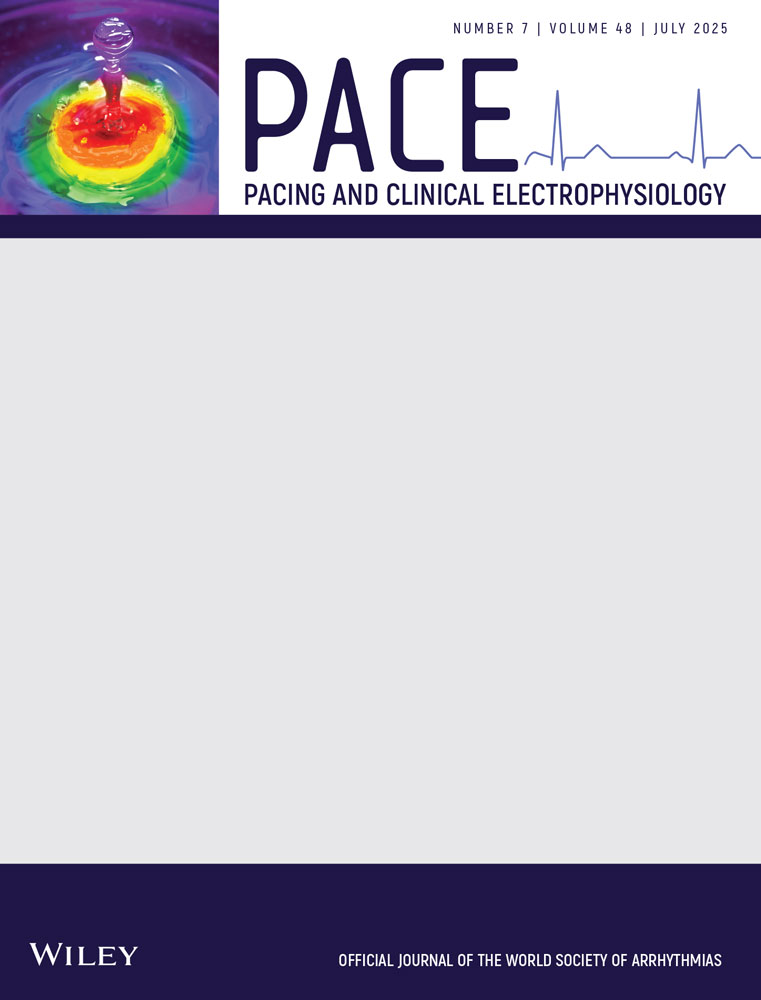Subjective Consequences of Permanent Pacemaker Therapy in Patients Under the Age of Retirement
Abstract
During a 5-year period, 81 patients ages 20 to 60 years old had implantation of a permanent cardiac pacemaker at the University Hospital, Odense. At follow-up, during 1985, the 73 survivors received a semi-structured questionnaire regarding subjective consequences of pacemaker therapy, and 72 people (98.6%) agreed to participate. The mean pacing period (range) was 33.8 (11–72) months. Surgical intervention was required in 14 patients (19.4%) during follow-up. Regarding all symptoms 67 patients (93.1%) perceived benefit from the pacemaker. The effectiveness of cardiac pacing was most pronounced in subjects suffering from syncope and/or dizziness. Eight patients (11.1%) perceived anxiety most frequently due to fear of pacing failure. Physical complaints were present in 17 patients (23.6%), and the discomfort was mainly due to the size of generator, pain/tenderness from the scar or a sensation of “impulses”/palpitations. To the majority (49 patients or 68.1 %) pacemaker treatment did not influence quality of sexual activity. Six patients (8.3%) perceived an improvement, whereas a corresponding number felt deterioration in sexual activity following pacemaker implantation. Pacemaker therapy had not affected life quality in 30 (41.7%) of the patients. However 31 patients (43%) felt an improvement, and only a minority of ten patients (13.9%) perceived deterioration in quality of life owed to pacemaker therapy.




